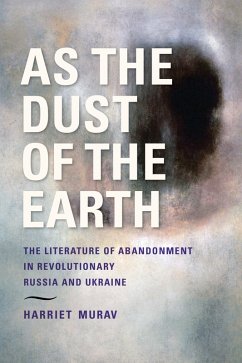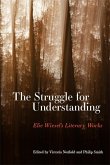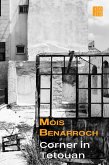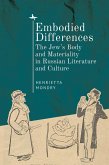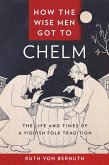An estimated forty thousand Jews were murdered during the Russian Civil War between 1918 and 1922. As the Dust of the Earth examines the Yiddish and Russian literary response to the violence (pogroms) and the relief effort, exploring both the poetry of catastrophe and the documentation of catastrophe and care.
Brilliantly weaving together narrative fiction, poetry, memoirs, newspaper articles, and documentary, Harriet Murav argues that poets and pogrom investigators were doing more than recording the facts of violence and expressing emotions in response to it. They were interrogating what was taking place through a central concept familiar from their everyday lifeworld-hefker, or abandonment. Hefker shaped the documentation of catastrophe by Jewish investigators at pogrom sites impossibly tasked with producing comprehensive reports of chaos. Hefker also became a framework for Yiddish writers to think through such incomprehensible violence by creating new forms of poetry.
Focusing less on the perpetrators and more on the responses to the pogroms, As the Dust of the Earth offers a fuller understanding of the seismic effects of such organized violence and a moving testimony to the resilience of survivors to process and cope with catastrophe.
Brilliantly weaving together narrative fiction, poetry, memoirs, newspaper articles, and documentary, Harriet Murav argues that poets and pogrom investigators were doing more than recording the facts of violence and expressing emotions in response to it. They were interrogating what was taking place through a central concept familiar from their everyday lifeworld-hefker, or abandonment. Hefker shaped the documentation of catastrophe by Jewish investigators at pogrom sites impossibly tasked with producing comprehensive reports of chaos. Hefker also became a framework for Yiddish writers to think through such incomprehensible violence by creating new forms of poetry.
Focusing less on the perpetrators and more on the responses to the pogroms, As the Dust of the Earth offers a fuller understanding of the seismic effects of such organized violence and a moving testimony to the resilience of survivors to process and cope with catastrophe.
Dieser Download kann aus rechtlichen Gründen nur mit Rechnungsadresse in A, D ausgeliefert werden.

